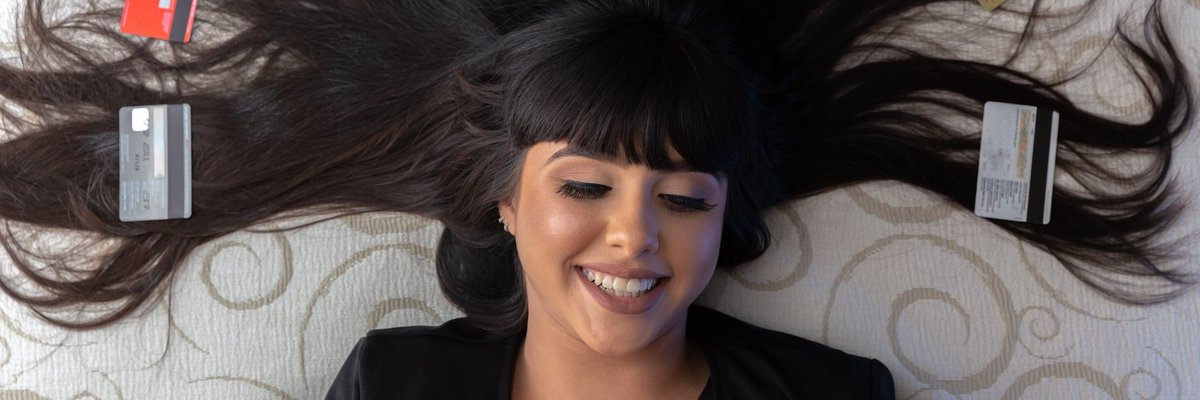Here's What Happens When You Have Too Many Credit Cards
KEY POINTS
- Many credit cards offer valuable benefits, and it's tempting to open lots of cards to take advantage.
- If you get too many credit cards, it increases your risk of missing payments or getting into credit card debt.
- You could also pay too much for annual fees if you can't make the most of all your cards' features.
Credit cards are a payment method first and foremost, but many of them have much more to offer than just that. Rewards credit cards earn points or cash back on your purchases. 0% APR cards start you off with a 0% introductory APR. And there are plenty of cards offering bonus opportunities or other useful benefits.
Because of all those valuable perks, some people decide to take advantage by opening lots of credit cards. It makes sense in theory, and it's a popular way to earn more credit card rewards. After all, more cards means more bonus opportunities.
Even if it seems like a good idea, this approach can go very wrong and end up costing you money. Before you try it, you should know what can happen if you have too many credit cards.
You're more likely to miss a payment
Every time you add a new credit card to the mix, you have to keep track of another due date. That makes it more likely you forget about a payment. It will always be easier to remember one monthly payment compared to two, two compared to three, and so on.
When you don't make a minimum payment by the due date, the card issuer can charge you a late fee. If your account reaches 30 days past due, the card issuer can also report the late payment to the credit bureaus. This can lower your credit score by over 100 points.
You can set up autopay or payment reminders so you don't forget when your payments are due, but there are still potential issues. For example, if you don't have enough money in your bank account, an automatic payment could cause an overdraft fee.
You could end up in credit card debt
The biggest danger with credit cards is overspending and ending up in debt. Unfortunately, it can be hard to get out of credit card debt, especially because most cards have high interest rates. The average is currently over 20%, meaning $5,000 in debt could cost you over $1,000 in annual interest.
This can happen with any number of credit cards, but having a lot of cards increases the risk. When you have more credit available to you, it's easier to fall into the trap of spending more than you should. And since you have more spending power, you can go deeper into debt if you aren't careful.
You may overspend on annual fees
Many of the top credit cards charge annual fees, which can range from about $50 to over $500. These cards usually have more benefits, such as spending credits on certain types of purchases and elite status with airlines and hotels. If you can take advantage of a card's benefits, you'll most likely come out ahead on the annual fee.
However, when you have too many credit cards, it gets much harder to use all their benefits. Some of them might become a chore to use. For example, if a card offers a monthly spending credit, you may not always remember to redeem it. You could also find that some of your cards have overlapping benefits. If two of your cards offer the exact same airport lounge access, that doesn't do you a whole lot of good.
When you have multiple cards with annual fees, it's important to be realistic about how much value you're getting from each one. Otherwise, you could end up paying fees that aren't worth it.
So, how many credit cards should you have? For most people, the answer is one or two. By keeping it simple, you'll have an easier time maximizing benefits. You're also less likely to run into issues, such as missing payments or getting into debt. If you decide you want to add more, take it slow. Always make sure you're comfortable managing the credit cards you already have before applying for any new ones.
Our Research Expert
We're firm believers in the Golden Rule, which is why editorial opinions are ours alone and have not been previously reviewed, approved, or endorsed by included advertisers. Motley Fool Money does not cover all offers on the market. Motley Fool Money is 100% owned and operated by The Motley Fool. Our knowledgeable team of personal finance editors and analysts are employed by The Motley Fool and held to the same set of publishing standards and editorial integrity while maintaining professional separation from the analysts and editors on other Motley Fool brands. Terms may apply to offers listed on this page.



